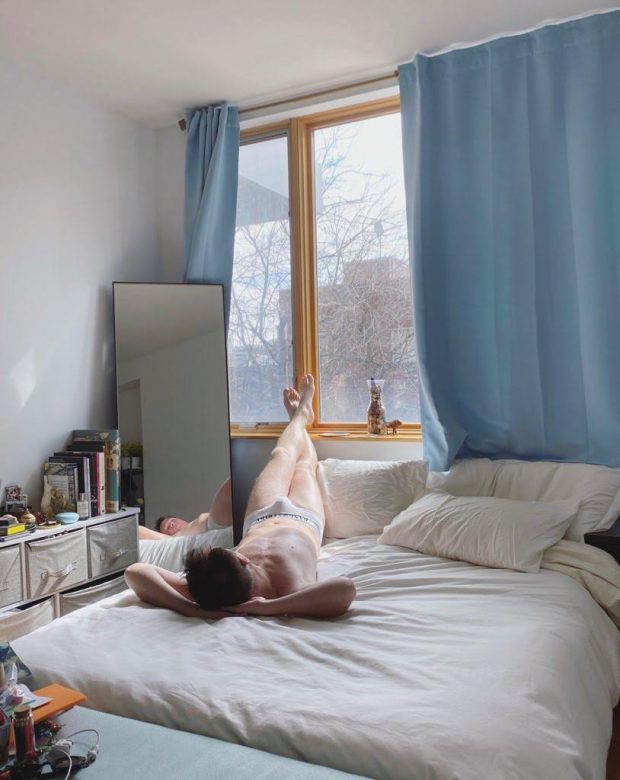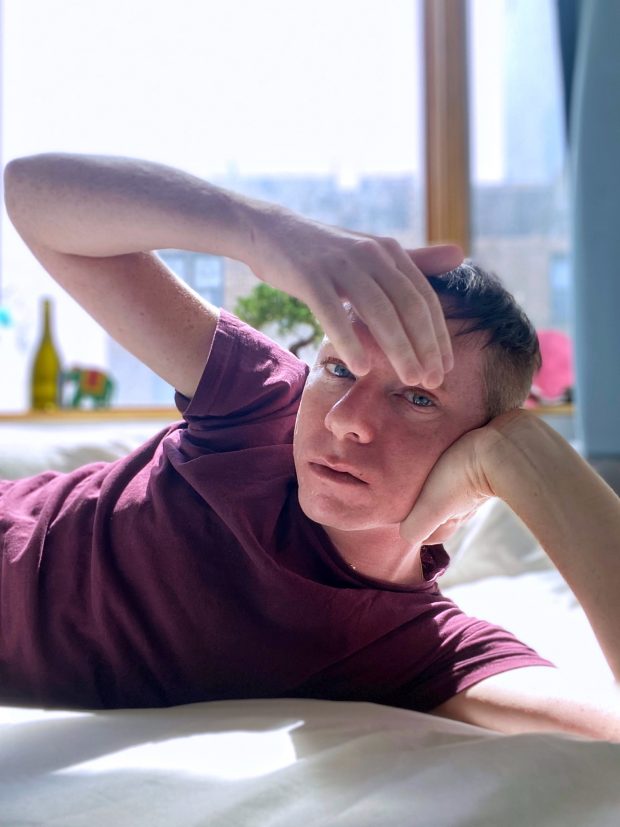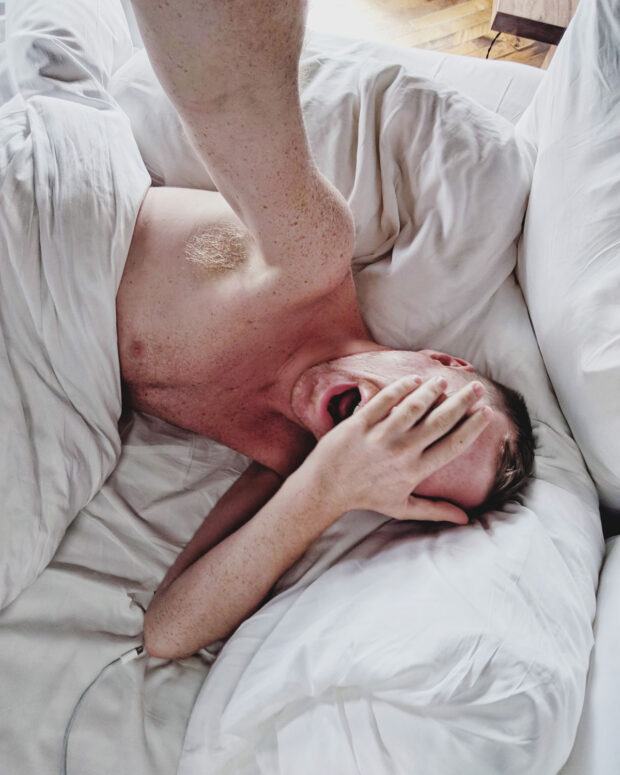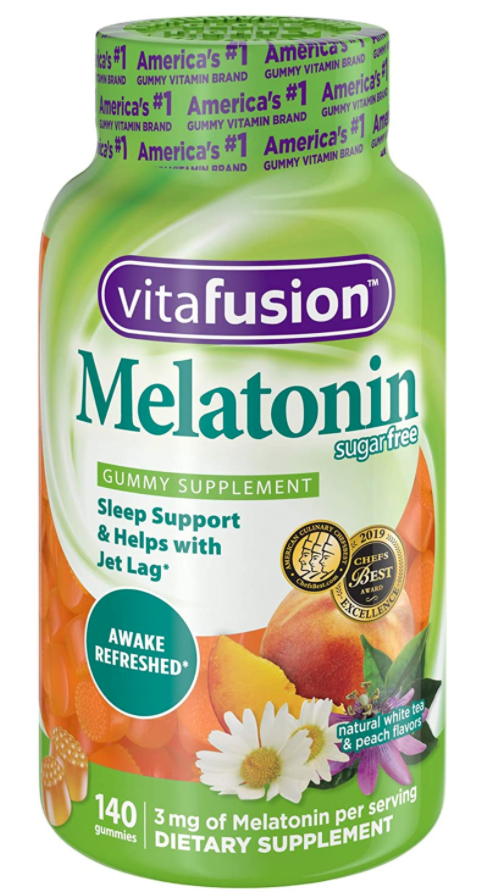Maybe it was the stress of living in New York City, the late-night noises, trains, buses, helicopters, and the constant drum of never-ending noise. Maybe it was the depression, the anxiety, the thoughts that kept me up late at night. Maybe it was the alcohol, the after-parties, the late nights with Netflix on in the background. Whatever it was, there were many months this past year where I just couldn’t sleep well.
I wasn’t exactly happy with a lot of things in life, and while dealing with that trauma, I just wasn’t sleeping. Each night I’d crawl into bed and sit there for hours, unable to keep my eyes closed. My mind would wander until sunrise; I worried why I felt I didn’t have friends, why I was alone, why I wasn’t making enough money or winning awards or getting attention—any attention.
It was a hard time and I know it was. And my sleep suffered because of it.
Then the coronavirus showed up, the self-isolation, quarantine, and just general anxiety from COVID-19 out there in the world; the constant worry of an economic recession. Since then, my sleep schedule, already out of whack from a rough winter, went even more haywire.

Every doctor and health specialist, every lifestyle advice columnist, they all say the same thing. Sleep is important. It can affect our mood, our health, our habits. Having a good sleep routine is usually the first step in trying to maintain a healthy lifestyle.
Personally, I’ve never actually given much credence to sleep. Sometimes I felt like a workaholic, or a party-holic—always wanting to be awake, busy, doing something. Sleep felt like a waste of time.
But then I flipped a switch. It was time to take care of myself, to improve my health (especially my mental health), so I decided it was time. Time to focus on better sleep.
My goal these past six months has been to try to improve my mood and my health through better habits, and sleep was at the top of the list. Instead of blacking out each night from too many drinks, I determined to try to fall asleep in the most healthy way possible. That’s when I discovered melatonin for sleep.

What is melatonin?
Melatonin is a hormone that plays a major role in regulating the sleep-wake cycle of day-night. Naturally produced by the body, usually at night in a process driven by ambient light, I’ve found it personally helpful to take melatonin tablets or gummies to help better regulate my sleep.
In the past year, I’ve off-and-on taken melatonin to help sleep—mostly it was just aa way to help me get tired if I wasn’t already tired. But in the winter, fighting off that anxiety and depression, I started more regularly taking melatonin to help sleep each night.
The results? Mixed, but positive.

First, I tried a fast dissolving 10mg melatonin tablet I picked up at my local pharmacy. Labeled as a maximum-strength sleep aid, the over-the-counter tablets from Natrol claimed to help you fall asleep faster and stay asleep longer.
And it’s true: they helped me fall asleep pretty fast without the help of any other sleep aids. But every time I took the pill, I’d wake up in a sweat, usually anxious from a weird dream—and often I’d wake up too early, in the middle of the night or before sunrise. I’d feel like I slept enough, but also: not in the best way.
It was disconcerting to wake up from weird dreams because, mostly, I’d feel well-rested, but those weird dreams definitely had an immediate effect on my morning mood.

So, to tone down my melatonin intake, I opted to try Vitafusion melatonin gummies. Two of the gummies provide approximately 3mg of melatonin, and I found taking them to sleep at night are much more of what I need: enough to make me sleepy after getting into bed, but not enough to affect my dreams or waking habits.
If I feel I need a bit more sleep or help falling asleep, I might take 3 or even 4 of the gummies. It’s easier to regulate the melatonin intake with a smaller dosage, and on those really rough nights when I just want to fall asleep, the 10mg tablets are a great alternative.
Taking melatonin has really helped me to better sleep at night. I usually start my “getting ready for bed” routine by brushing my teeth, washing my face, turning down the lights, and turning off the TV. On nights when I’m feeling extra anxious or struggling to find a way to fall asleep, there are some other sleep tricks I’ve been trying, but right now: taking a small amount of melatonin has been really helpful.
Talk to your doctor or healthcare professional for more advice on sleep, or try other gummy vitamins (CBD gummies may help!) to help regulate your mood.
